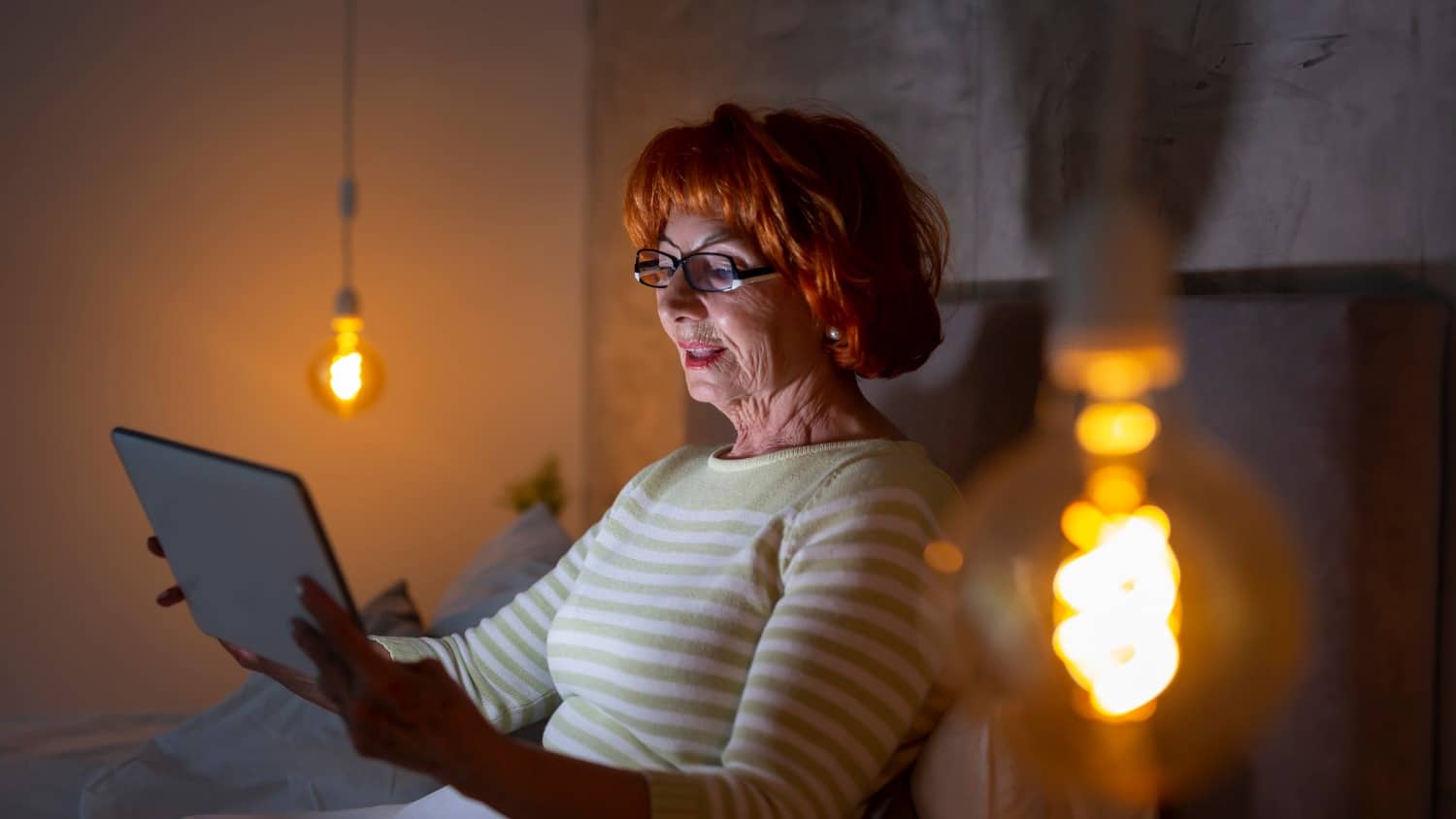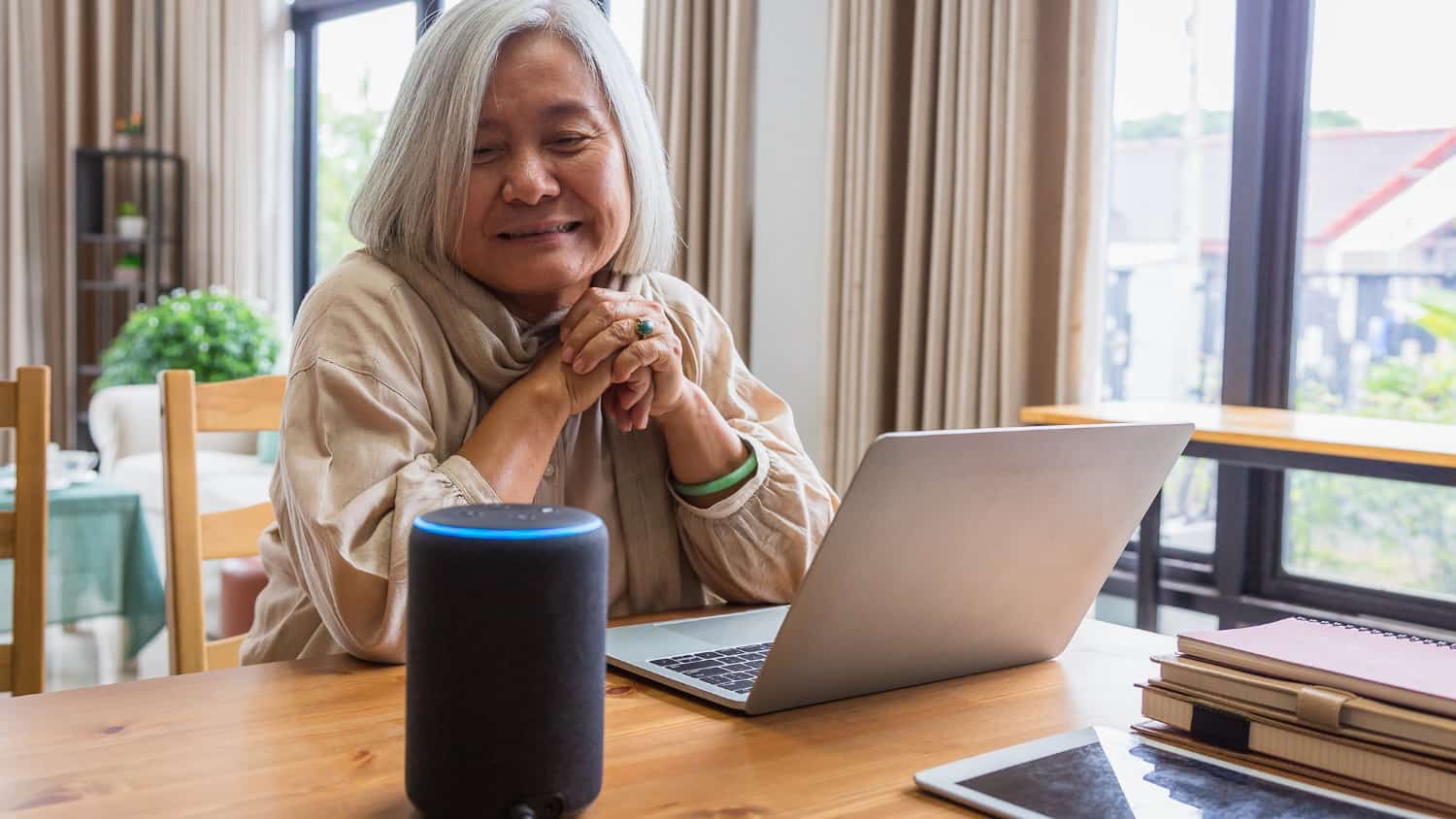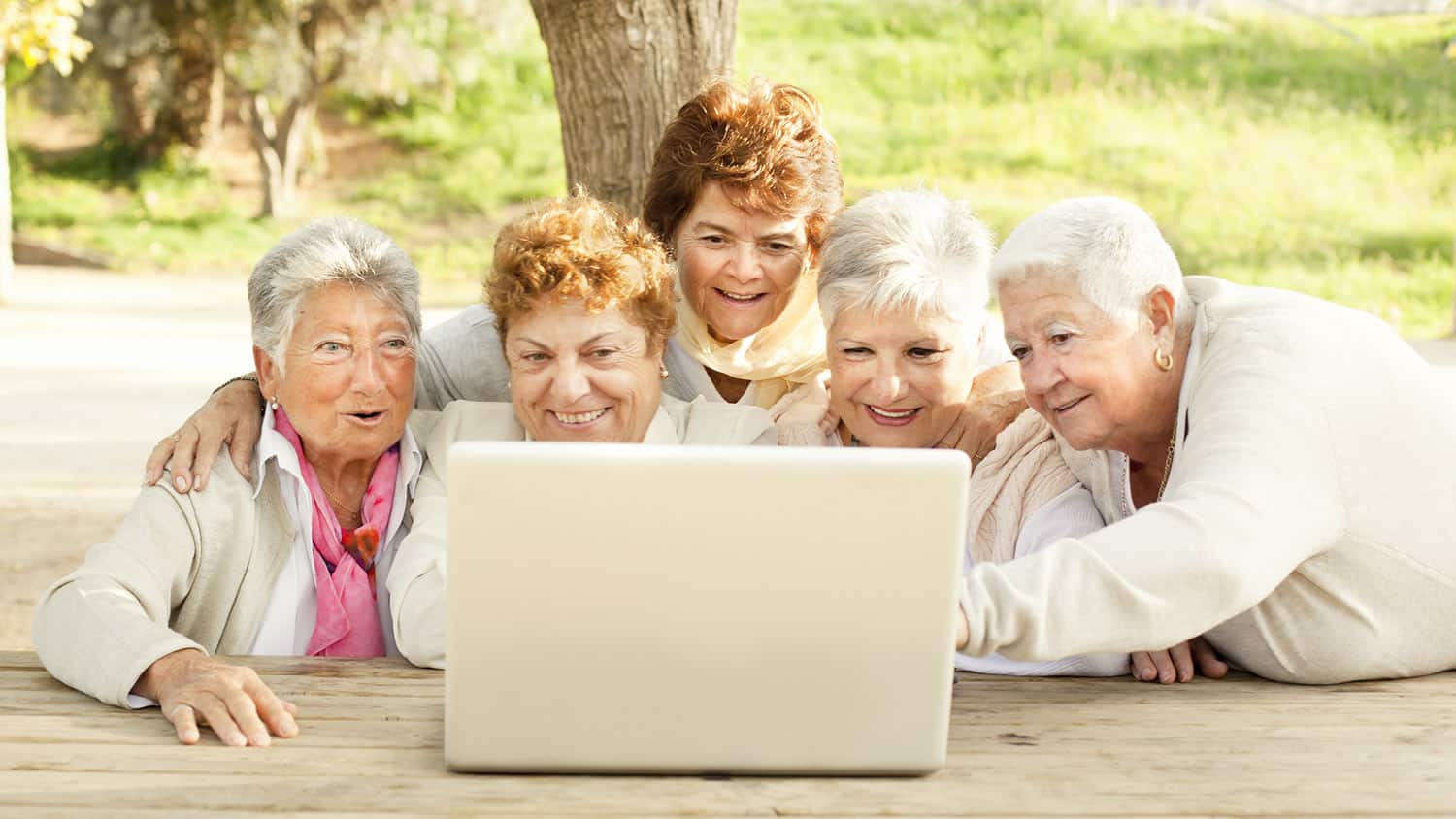
What Technology Can Make Living Alone Less Scary for Seniors? Explore These 4 Options!
They say there is safety in numbers. But that isn’t always possible, especially as we age. Fortunately, over the past decade, technology has evolved to help make living alone safer for seniors.
There are many apps and devices available that can provide an extra level of personal safety and make life a little easier. Knowledge of the availability of such options is vital, and often the limiting factor. Honestly, being prepared means setting yourself up with these tools before they are “needed.”
Daily Check-Ins
For seniors living alone, daily check-ins can relieve a lot of tension or pressure. That is where Snug Safety comes in.
Snug is an app that makes a quick check-in part of the daily routine. Using the app is easy – you just tap the big green button. In response, you hear a motivational quote and are marked good for the rest of the day.
If the button isn’t pushed, the app will send a message to an emergency contact, so they can personally reach out and confirm everything is OK.
Fall Detectors
A big concern with living alone is the risk of a fall. If you suddenly find yourself on the floor and can’t get up, you are going to have to use your voice or some other method to summon help. Fortunately, fall detection technology continues to expand. There are multiple options to help in these situations.
The Apple Watch Series 4 and later have fall detection. (You can only use an Apple Watch if you have an Apple iPhone.) The watch taps you on the wrist, sounds an alarm, and displays an alert when it detects a hard fall.
You can choose to contact emergency services or tap “dismiss” on the warning. If the watch detects that you have not moved for a minute, it will call emergency services without you having to do anything.
Another option is the “FallSafety Home” personal alert app, which uses intelligent fall detection and automatic alerts for emergency assistance. It works with a smartphone or any Apple Watch.
The app is free if there is just one emergency contact. If there are more, you have to jump up to the paid version of the app.
One of my preferred recommendations for all people living alone is having a digital assistant or a smart speaker. A smart speaker allows you to use your voice to summon help. With the Google Home or Amazon Echo, you can send a text to a loved one or neighbor or call emergency services easily and quickly.
I highly recommend putting multiple speakers within range of where you could fall. Learning how to use these devices is also relatively quick.
Depending upon where you live, there are medical alert services. Usually, they offer a pendant or bracelet that can be used to trigger a call for help in case of an emergency.
While those systems can be beneficial, if one isn’t wearing the device, they can’t be activated. If you are considering this route, be sure to investigate how you would trigger the emergency response if you don’t have the pendant on you.
Video Doorbells
Smart home doorbells are another development that can provide peace of mind for those who live alone. It allows you to screen who is at the door with your phone, so you don’t have to open the door or be seen by the visitor.
You don’t even have to be home to use the app on your phone if someone is at your door. All you need is a stable Wi-Fi connection to the doorbell itself to get this going.
Built-In Smartphone Safety Features
Smartphones have some built-in safety features that can help anyone, especially seniors.
The “Medical ID” on the iPhone or Emergency info on Android phones is like a virtual medical ID bracelet. It delivers critical health and contact information an emergency worker may need if someone is not responsive, even when the phone is locked.
SOS mode on smartphones allows you to alert the authorities of a situation when you aren’t able to call them yourself.
As I mentioned at the outset, the time to set-up and learn how to use many of the tools discussed here is not when you are ill or hurt. Now is the time to be prepared for any emergency that might occur.
The key to using these apps and devices in a crisis is to not be overwhelmed. If you learn and practice routinely, you’ll know enough of what to do when the need arises.
Make sure you have multiple solutions that fit your needs, that you can easily access, and know how to use. A phone full of apps or a room full of devices that you don’t know how to use is not going to be beneficial to anyone.
Let’s Have a Conversation:
What technology do you use to help keep you more independent, regardless of your age? Have you been in a situation where an app or device helped keep you safe? We would love to hear from you so please engage below.
Tags Technology







It is true technology has really improved a lot that it includes safety apps for us, seniors. It is there for us to help us especially if we are living alone. I particularly invested in a smartwatch with its matching smartphone to put myself at ease for any emergency needs should this happen. The latest version of the smartwatch has even ECG, Oximeter etc features to check the level of oxygen in our body anytime we want to know. It even records those readings and put them in a summary form.
While it is true that living alone is the best that I can ask (at least for me) for my life we also need to make sure that we will be safe while enjoying our own freedom while we can.
Be happy, my community sisters!
Excellent tips. Thank you!
Thanks for the good advise. Just had surgery and will be on my own for a week. These recommendations definitely will help my peace of mind.
Great advice!
Thank you for this very helpful info.